Political sociology
Political sociology is an interdisciplinary field that explores the intricate relationships between society and political systems. It examines how social structures, institutions, and dynamics influence political processes, and conversely, how political forces shape society. This field delves into the social basis of political behavior, the formation and change of political institutions, and the impact of social movements on politics.
Here’s a more detailed look:
Key Areas of Study:
- Power and Authority: Political sociology investigates how power is acquired, legitimized, and distributed within a society, including the role of the state and other political actors.
Social Movements:
It analyzes the causes, dynamics, and consequences of social movements, such as protests, revolutions, and other forms of collective action.
Political Culture:
This area examines the shared values, beliefs, and attitudes that shape political behavior and participation within a society.
Political Institutions:
Political sociology explores the origins, development, and impact of political institutions like political parties, legislatures, and bureaucracies.
State and Society:
A central focus is the relationship between the state (government, political institutions) and the broader society, including how they influence each other.
Social Stratification:
Political sociology examines how social inequalities (class, race, gender, etc.) affect political participation and power dynamics.
Political Participation:
This includes studying various forms of political engagement, such as voting, activism, and other forms of civic participation.
Elections and Political Competition:
The field analyzes the social factors that influence electoral outcomes and the dynamics of political competition.
Key Theoretical Perspectives:
Political sociology draws on various theoretical perspectives, including:
- Marxism: Focuses on class struggle and the role of economic structures in shaping politics.
Neo-Weberianism: Examines the influence of rationalization, bureaucracy, and authority on political life. Cultural Analysis: Explores the role of shared meanings, symbols, and identities in shaping political behavior. Rational Choice Theory: Analyzes how individuals make strategic choices in political contexts. World-System Analysis: Examines global power dynamics and their impact on national politics. Social Movement Theory: Provides frameworks for understanding the emergence, dynamics, and impact of social movements.
In essence, political sociology seeks to understand how social forces shape political processes and how political institutions and practices, in turn, influence society.










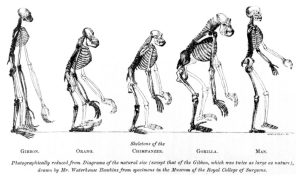


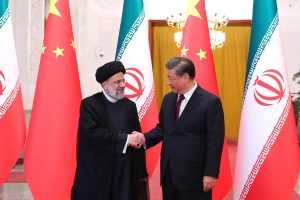
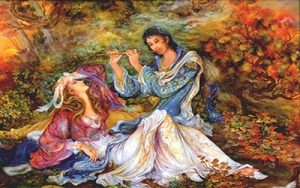


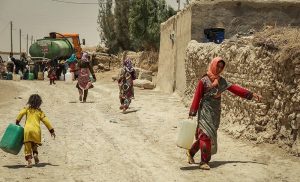












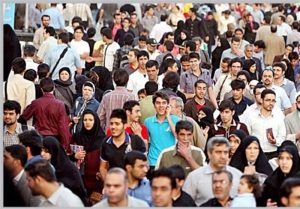
Post Comment